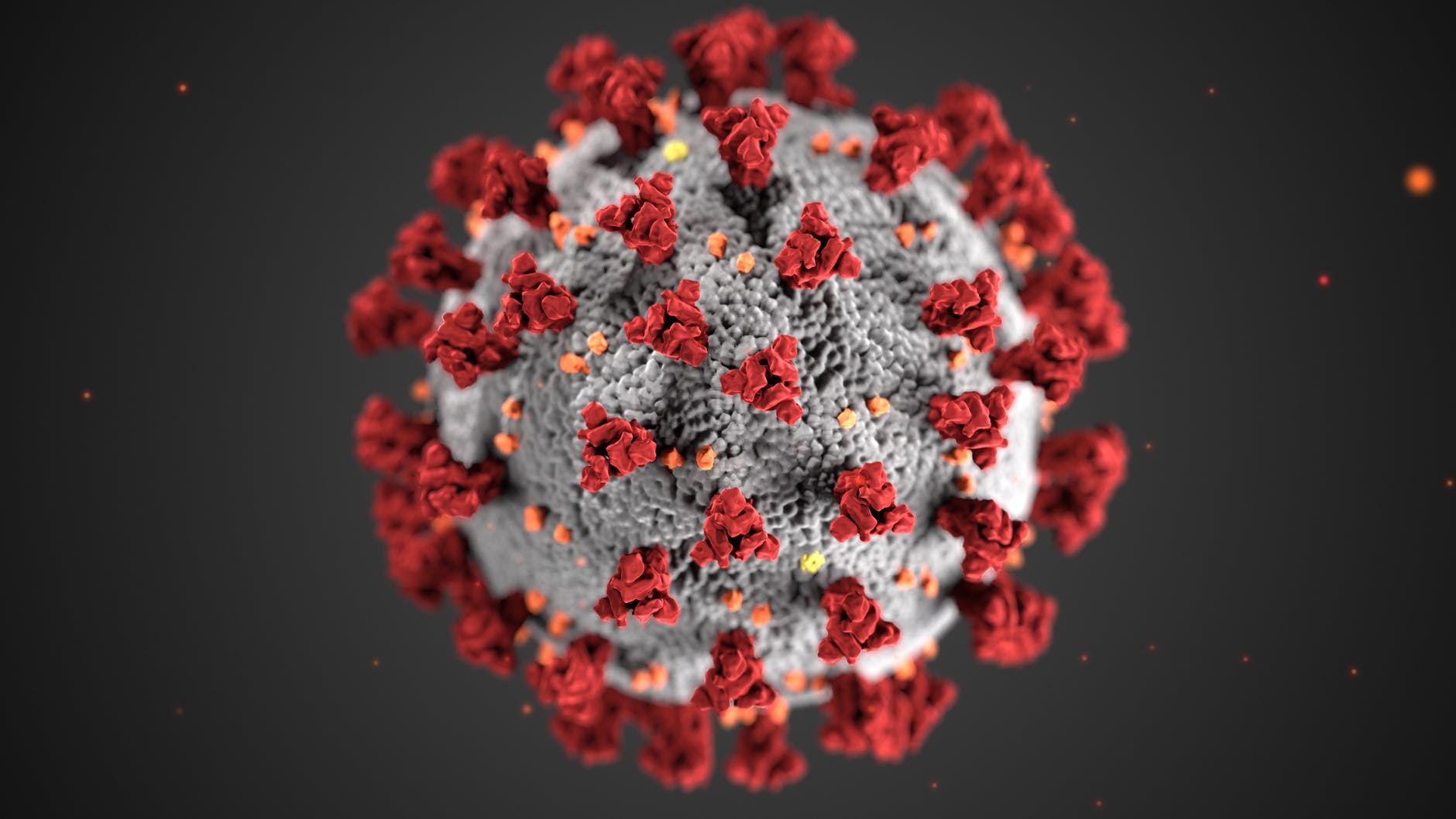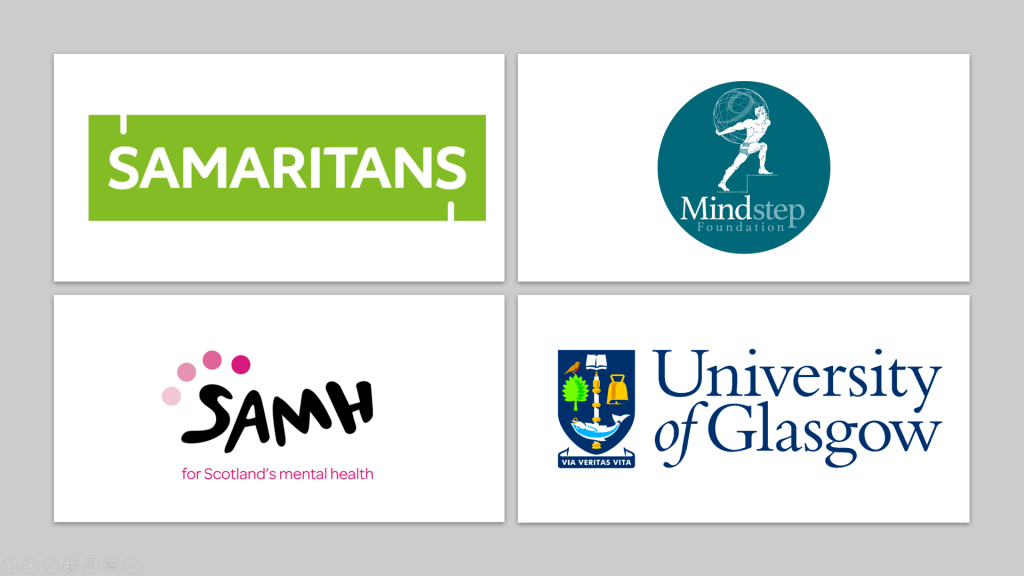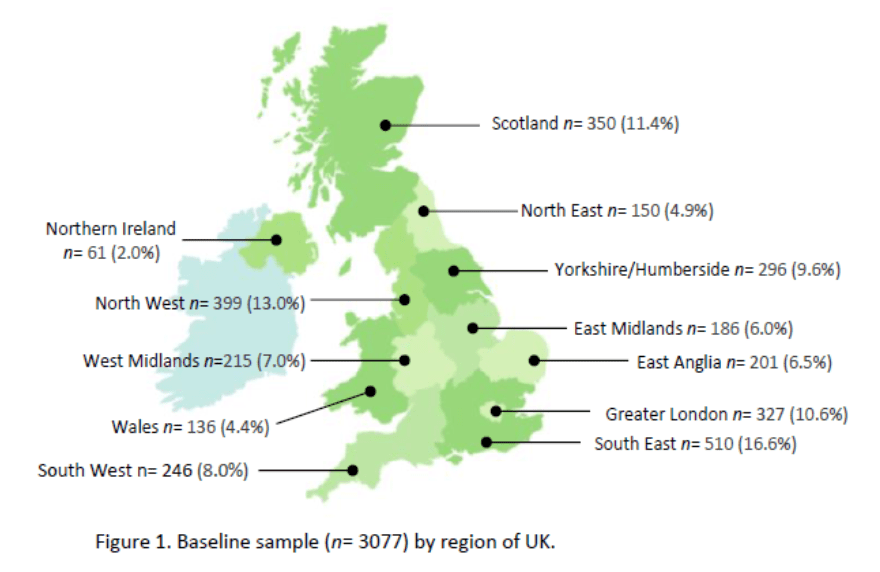
Tracking the impact of the COVID-19 pandemic on mental health and wellbeing of people within the UK
Overview
The COVID-MH study aims to investigate the immediate and medium-term impact of the COVID-19 pandemic and the required social distancing and self-isolation measures on people’s mental health and wellbeing in the UK. Using a nationally representative survey design (n=3,077 adults from across the UK) with regular follow-ups, we will ask people questions about their mental wellbeing in the weeks and months following the COVID-19 outbreak.
Project team
- University of Glasgow: Rory O’Connor (PI), Katie Robb, Karen Wetherall, Seonaid Cleare, Jack Melson, Heather McClelland, Tiago Zortea, Claire Niedzwiedz
- Scottish Association for Mental Health: Billy Watson
- Samaritans: Liz Scowcroft, Jacqui Morrisey
- University of Stirling: Ronan O’Carroll
- University of Leeds: Daryl O’Connor
- University of Nottingham: Eamonn Ferguson
- University of Edinburgh: Steve Platt
Funders/ Supporters
University of Glasgow, Samaritans, Scottish Association for Mental Health, Mindstep Foundation

Wave 1 Sample
We recruited the wave 1 participants between 31st March and 9th April 2020. A quota sampling methodology (quotas based on age, gender and socio-economic grouping) was used to achieve a representative sample of adults aged 18+ from across the UK. Figure 1 shows the distribution of participants from across the country. Of the sample 13% (n= 401) are aged 18-24, 14.5% (n= 446) are 25-34, 22.0% (n= 676) are 35-44, 16.0% (n= 511) are 45-54, 14.6% (n= 449) are 55-64, 19.3% (n= 592) are over 65. The majority of the sample was White (n= 2777, 90.3%) and just over half the sample (55%, n= 1692) was female.

Measures
Demographic measures including age, gender, sexual orientation, ethnicity, occupational and living situation items are included to allow us to explore the impact of COVID-19 on the wellbeing of different subgroups of the population.
We are also assessing mental health and wellbeing indicators such as anxiety, depression, loneliness, self-harm as well measures of positive mental wellbeing and social support. Additionally, we are asking about sources of emotional and social support and a range of questions about lifestyle.
We will also explore perceptions and experiences of COVID-19 and the associated restrictions and the impact COVID-19 has on perceived trust worthiness of governmental agencies, strangers and assess altruistic behaviour towards strangers.
Follow-up
Over the next six months, we will follow-up with participants circa 1 week (wave 2), 3 weeks (wave 3), 6 weeks (wave 4), 11 weeks (wave 5) and 19 weeks (wave 6) after wave 1. We also aim to conduct a longer-term follow-up.
Publications
O’Connor, R.C., Wetherall, K., Cleare, S., McClelland, H., Melson, A.J., Niedzwiedz, C.L., O’Carroll, R.E., O’Connor, D.B., Platt, S., Scowcroft, E., Watson, B., Zortea, T., Ferguson, E., & Robb, K.A. (2020). Mental health and wellbeing during the COVID-19 pandemic: longitudinal analyses of adults in the UK COVID-19 Mental Health & Wellbeing study. British Journal of Psychiatry. PDF.
Contact for further details: Professor Rory O’Connor (rory.oconnor@glasgow.ac.uk)
You must be logged in to post a comment.